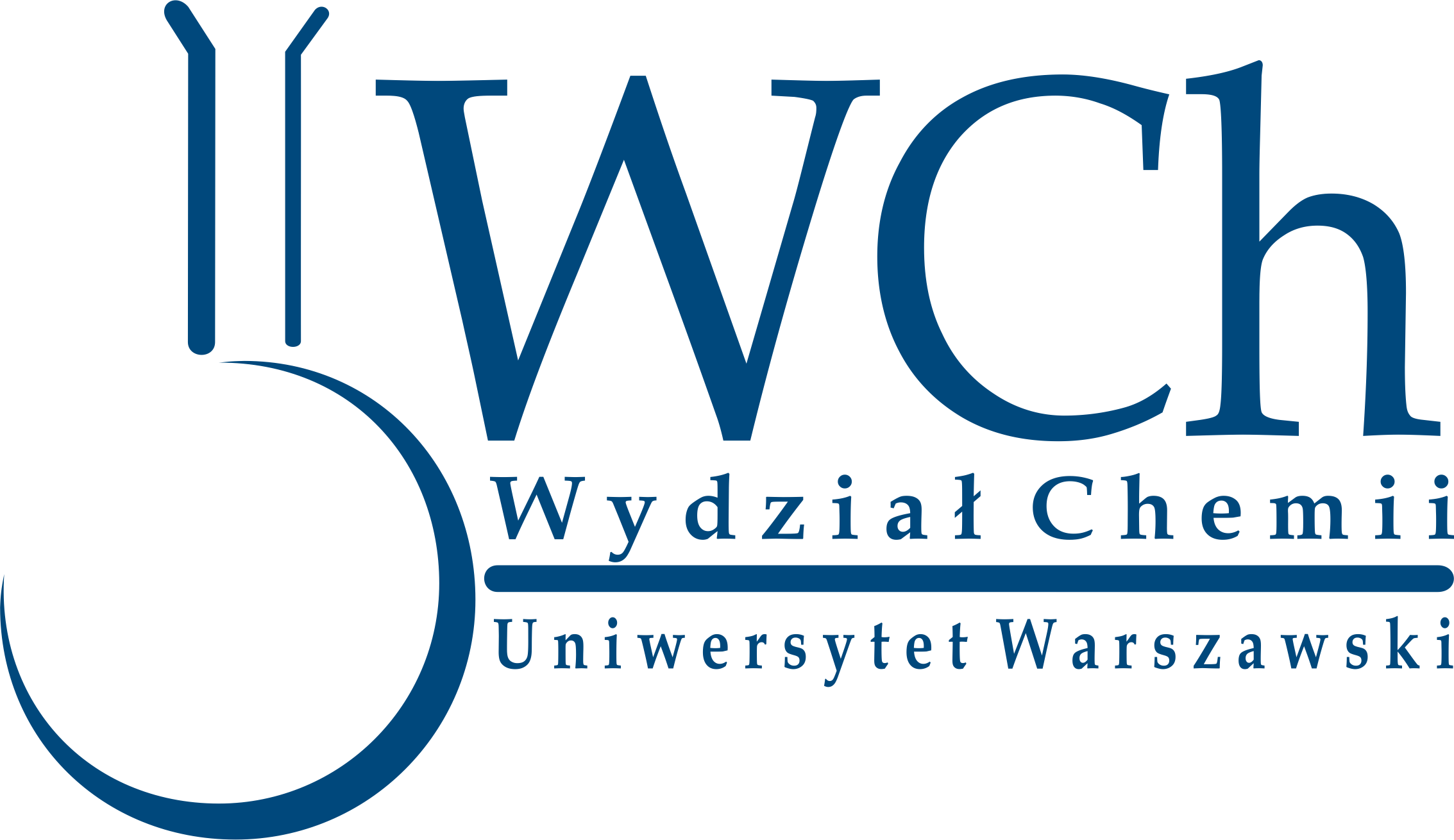Jan Peter Toennies
2005 – Jan Peter Toennies
LAUDATION
 Prof. Jan Peter Toennies was born in Philadelphia, Pennsylvania. In 1952 he obtained the B.S. degree in physics from Amherst College, Massachusetts and, in 1957, the Ph.D. degree in chemistry from Brown University, Providence, Rhode Island. His PhD thesis was voted to chemical reactions in shock waves. Somewhat untypically for those old times he spent one year of his graduate studies in Göttingen as a Fulbright student.
Prof. Jan Peter Toennies was born in Philadelphia, Pennsylvania. In 1952 he obtained the B.S. degree in physics from Amherst College, Massachusetts and, in 1957, the Ph.D. degree in chemistry from Brown University, Providence, Rhode Island. His PhD thesis was voted to chemical reactions in shock waves. Somewhat untypically for those old times he spent one year of his graduate studies in Göttingen as a Fulbright student.
In 1957 he accepted a postdoctoral and assistant position in Bonn in Professor Wolfgang Paul’s group and in 1965 obtained the habilitation degree this time in Physics. In his habilitation research he carried out the first molecular beam inelastic scattering experiments in which transitions between defined rotational quantum states were resolved. These experiments were also the first measurements of cross sections for molecular energy transfer.
Since his PhD was in chemistry and habilitation in physics one may ask if he is a chemist or a physicist. It is clear that from the beginning of his scientific activity he was fascinated with molecules. His first scientific publication was in Zeitschrift für Electrochemie (1955), his second publication was a book „Chemical Reactions in Shock Waves”, actually the first book ever written on this important subject (published in German, 1959). His attitude is best illustrated by the quotation from his 2004 Annual Review of Physical Chemistry biographic paper. In an answer to a certain research proposal prof. Toennies replied:
„I quickly realized that the project did not interest me because no chemistry was involved”.
This is clearly an attitude of a chemist rather than a physicist.
From 1965 until 1968 he was a Privat Dozent and Dozent at the Physics Department in Bonn and in 1969 at the age of 38 he became the Scientific Member of the Max-Planck Society and the Director of the Max-Planck Institute fuer Strömungsforschung in Göttingen. He had served as the director of the institute for 35 years until 2004. From 1971 till present he has been Professor of Physics at the University of Göttingen. He is now an Emeritus Scientific Member of the MPS.
The scientific achievements of Professor Toennies are too numerous to list. He is an author or co-author of over 600 scientific publications (which attracted over 10,000 citations). We can mention here only the most profound of his scientific contributions. These are:
– pioneering crossed molecular beam studies of vibrational and rotational energy transfer in molecular collisions as well as similar studies of reactive scattering events.
– development of high-resolution helium atom scattering technique for studies of surface phenomena (like phonon dispersion curves, adsorbate diffusion and adsorbate vibrations).
– development of the field of helium droplet spectroscopy and demonstration and investigation of the superfluidity in finite size systems. This involves also numerous pioneering applications of this new spectroscopic technique.
– remarkable, virtuoso experiments with diffraction of weakly bound molecules from nano-scale transmission gratings. This includes the first nondestructive studies of the helium dimer.
– important contributions to theory of intermolecular forces. Some functional forms for model interatomic and intermolecular potential proposed by prof. Toennies have became extremely popular. In the work on intermolecular forces performed in this Department’s Quantum Chemistry Laboratory there is hardly a paper in which prof. Toennies’s work on this subject is not cited.
Professor Toennies has received numerous honors for his achievements.
– in 1983 he became a Fellow of the American Physical Society
– in 1993 he received the Gold Heyrovsky Medal of the Czechoslovak Academy of Sciences
– in 1992 he received the Hewlett-Packard Europhysics Prize
– in 1992 he received the Max-Planck Prize of the Deutsche Forschungsgemeinschaft and the Alexander von Humboldt Society
– in 2002 he received the Stern-Gerlach Gold Medal, the highest distinction given be the German Physical Society for work in the experimental physics
The latest of these awards is the 2004 Kolos Medal: A bi-annual prize for distinction in theoretical and experimental physical chemistry studies. In view of the breath of Prof. Toennies’s achievements it was not easy for the prize committee to formulate a short citation. Emphasizing those achievements which are most relevant for chemistry the committee decided that the 2004 Kolos Medal is given to Professor Toennies for:
His outstanding achievements in unraveling the forces between atoms and molecules using the molecular beams technique and for the development of the helium droplet spectroscopy
Bogumił Jeziorski
